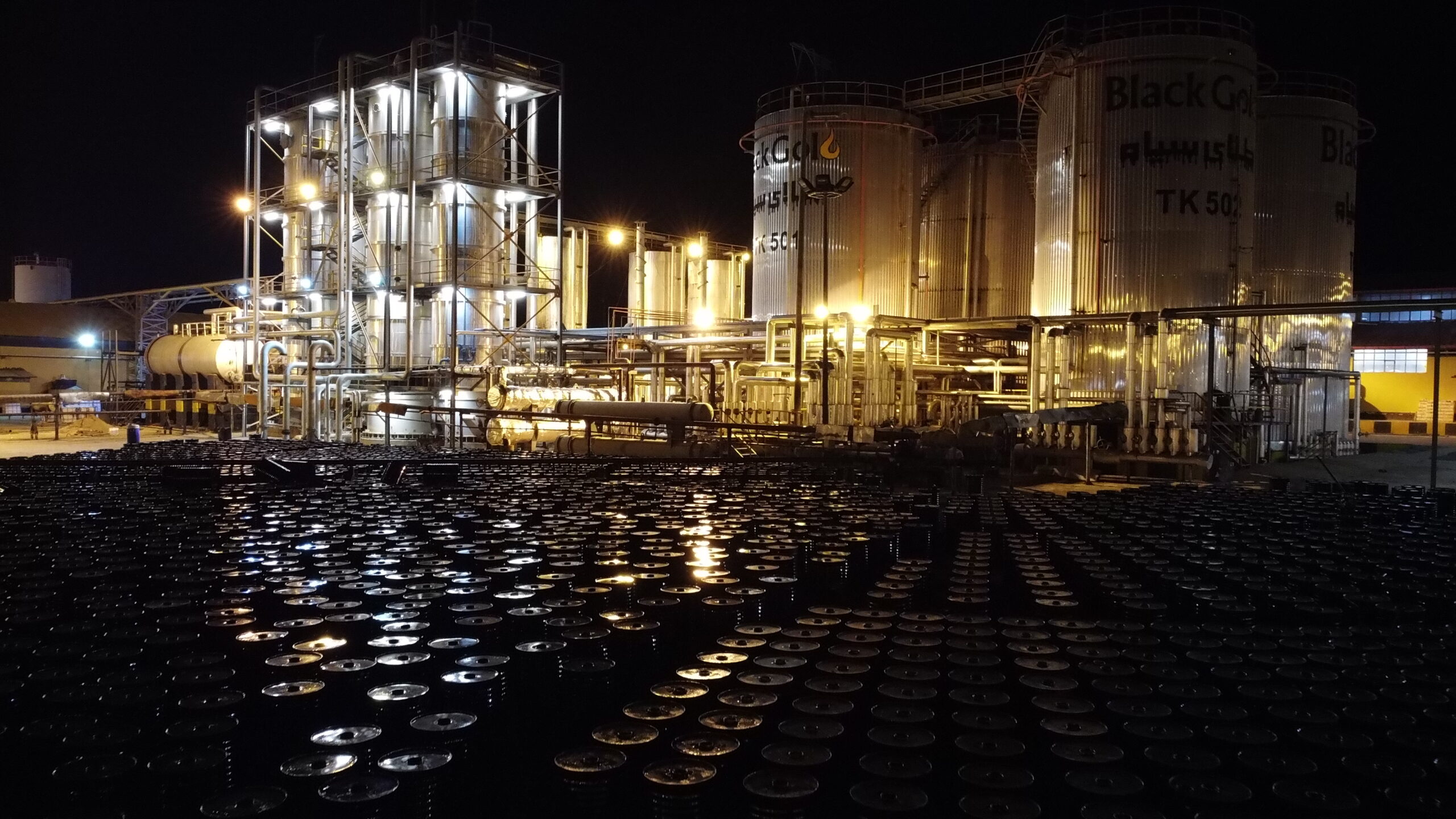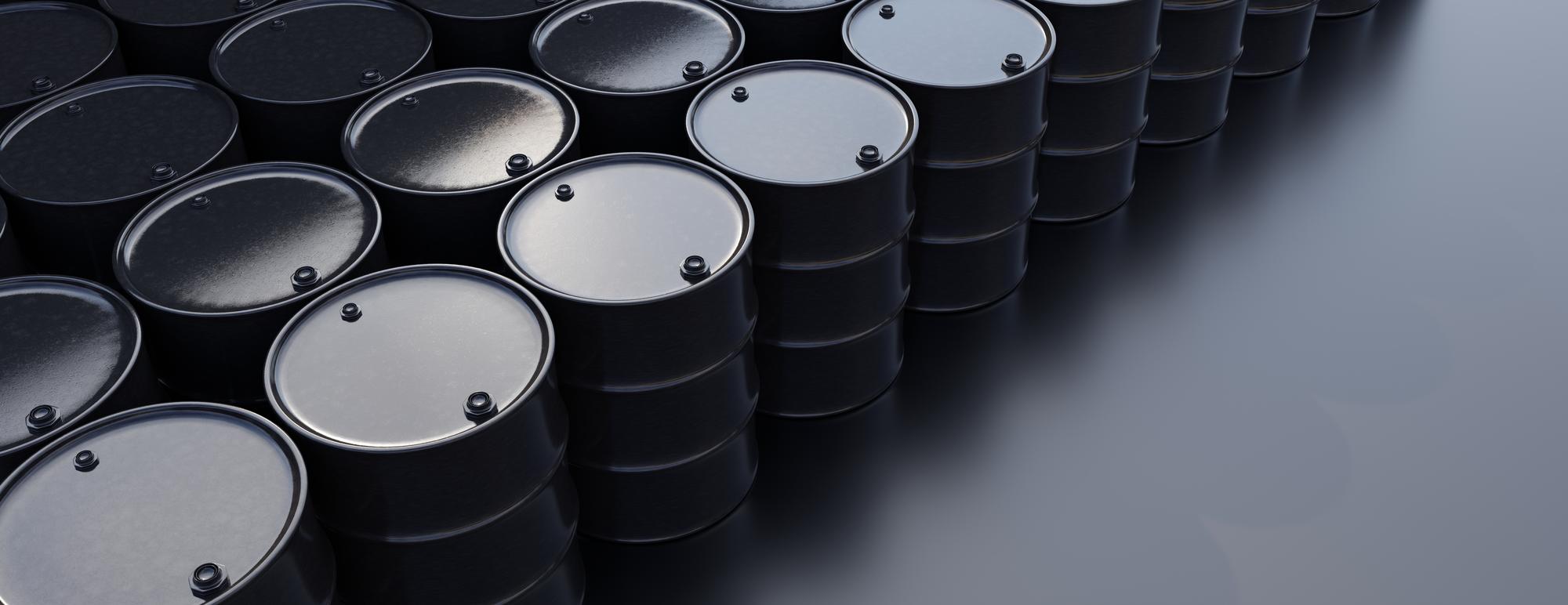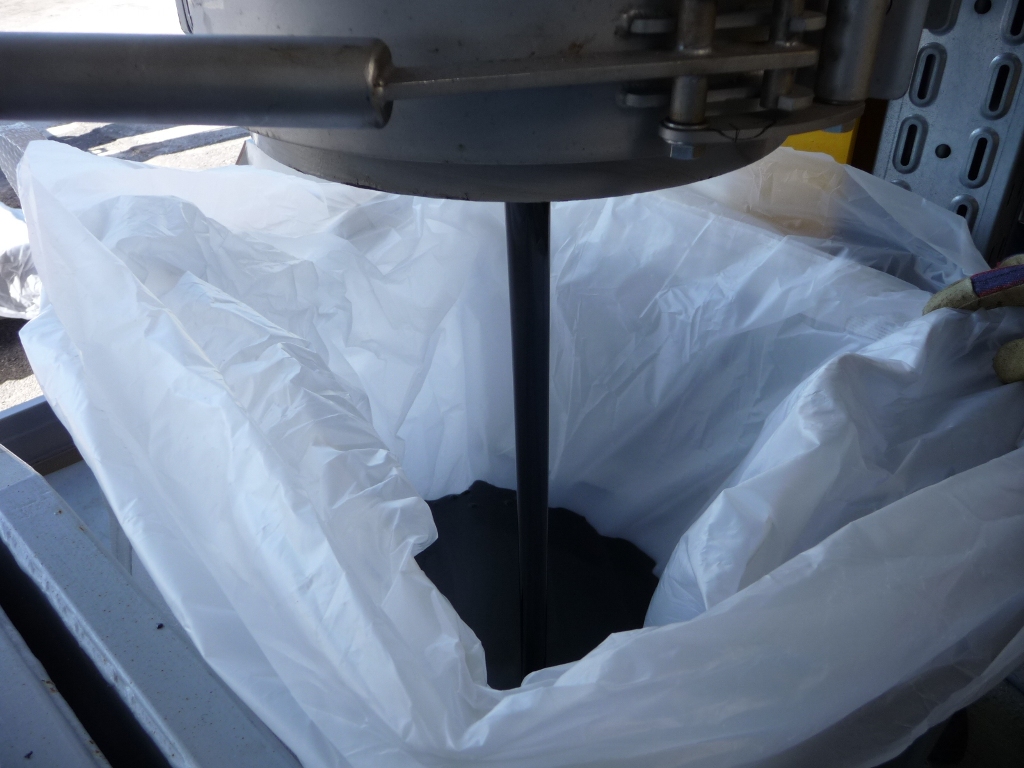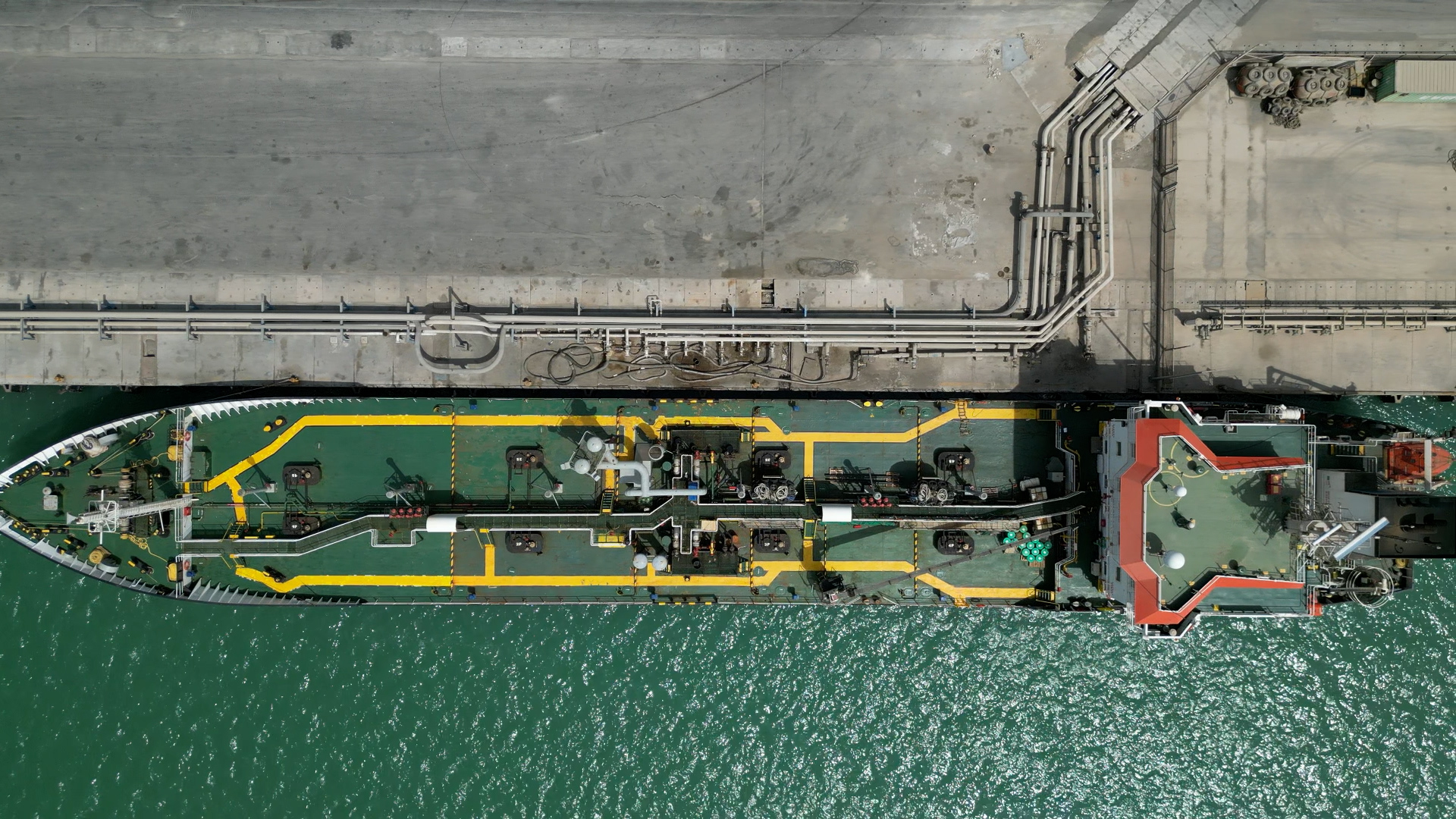From Crude To Gold
At Black Gold, we transform raw materials into high-performance solutions that drive the future of road construction and infrastructure. Our commitment goes beyond bitumen—we are dedicated to innovation, safety, and sustainability, delivering products and services that not only meet industry demands but also elevate living standards around the world.
With a focus on environmental responsibility and strict adherence to corporate governance principles, we aim to be a long-term partner in building a better, more connected future. Through continuous development and responsible practices, we turn crude into value—from crude to gold.

A Refinery Built for Precision and Performance
Purpose-built for the production of high-quality bitumen, our refinery features a state-of-the-art distillation plant with a capacity of 550,000 tons per year. The facility includes both atmospheric and vacuum distillation units, ensuring precise separation and processing of crude components to meet diverse bitumen specifications.
Our capabilities are further enhanced by two oxidation reactors dedicated to the production of oxidized bitumen, along with a specialized plant for packaging oxidized bitumen in block form.
Operating under a flexible “Tailor’s Shop” production model, we can efficiently manufacture customized bitumen grades for a variety of technical and climatic requirements. This model, combined with our strategic storage infrastructure and expert personnel, enables us to serve both our own brand and third-party clients, including collaborations with leading global refining companies.
Production Process
Process by which compressed air is blown into vacuum bottom residue, typically at 230–260 °C in a reactor. This process results in complex reactions (such as Dehydrogenation، Polymerization، Oxidation). different grades for suited applications produced Due to ratio of air blowing
Bitumen process in acording to the following methods
-
Air Blowing : Process by air is blown into vacuum bottom residue, typically at 230–260 °C in a reactor. This process results in complex reactions (such as Dehydrogenation، Oxidation and Polymerization)
-
Blending: process base on blend of several petroleum product for production of new product such as Bitumen

Bitumen Packing
Proper packaging is crucial when it comes to bitumen — a highly viscous and temperature-sensitive material. At Black Gold, we understand that packaging impacts not only the cost and logistics but also storage efficiency and environmental safety.
We offer three primary types of bitumen packaging, each suited to different project needs and delivery conditions:
-
New Steel Drums – Durable and widely used for international transport.
-
Jumbo Bags – A flexible, eco-friendly option for medium-volume shipments.
-
Bulk Delivery – The most cost-effective solution for large-scale projects and nearby destinations.
Each packaging method is selected based on factors like bitumen grade, volume, weight, and final destination.
For a deeper understanding of each packaging option, we invite you to read the full article below.

Bitumen Drum Packaging
Drum is the common packaging of bitumen due to its safety and consistent quality. It varies dependent on bitumen volume, height, thickness and lid. The body thickness of drum is 6 mm. These steel drums are used for transporting and packing liquids and pasty materials like bitumen.
Bitumen Jumbo Bag Packing
Jumbo bag is a large flexible multi-layer bag which is called bitu-plast, bitu-bag, polybag and poly cube. This type of poly-alkene bags with high quality and resistance is one of the best types of bitumen packaging. The reasonable price and its ease of use have made it too popular in industries. Recently bitumen exporters use jumbo bag instead of steel drums. Unlike drums, jumbo bag reduces bitumen waste by about 3 to 4 %. It’s necessary to heat the bitumen when discharging the drum, but in jumbo bag, it’s enough to tear the outer layer of bitumen jumbo bag and throw the bitumen jumbo bag in the molten furnace with the inner layer.


Bitumen Bulk Packing
In bulk trade, you require bitumen trucks to pick up the cargo from the refinery and convey it to the bulk vessel, the bitumen tanker, at the port. At the destination, another bitumen truck will pick up the cargo and deliver it to the construction site or specific bitumen warehouses. This type of packing is cheaper than others, that its price is affected by bulk capacity, loading duration time and exchange fluctuations. Generally, it has a low cost.
Ports
The ports are located in Bandar Abbas, Iran which is linked directly to the sea and consequently, given its strategic position, the refinery can make the most of both overland transport of raw materials and products — via the roadways of Iran — and sea transport through its terminals.









